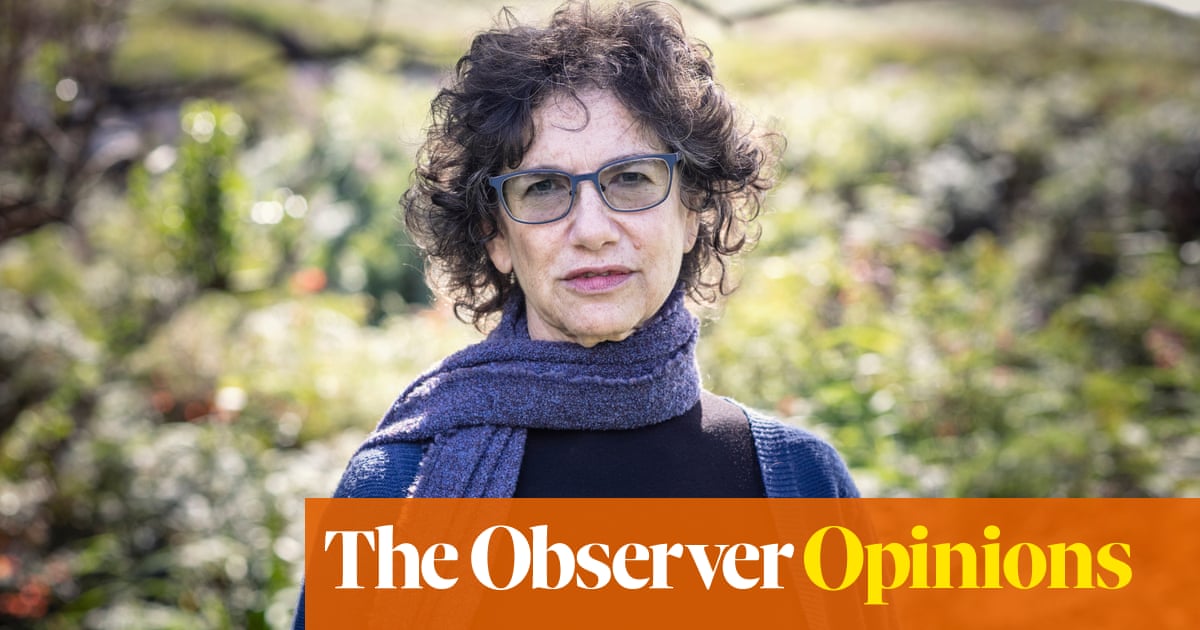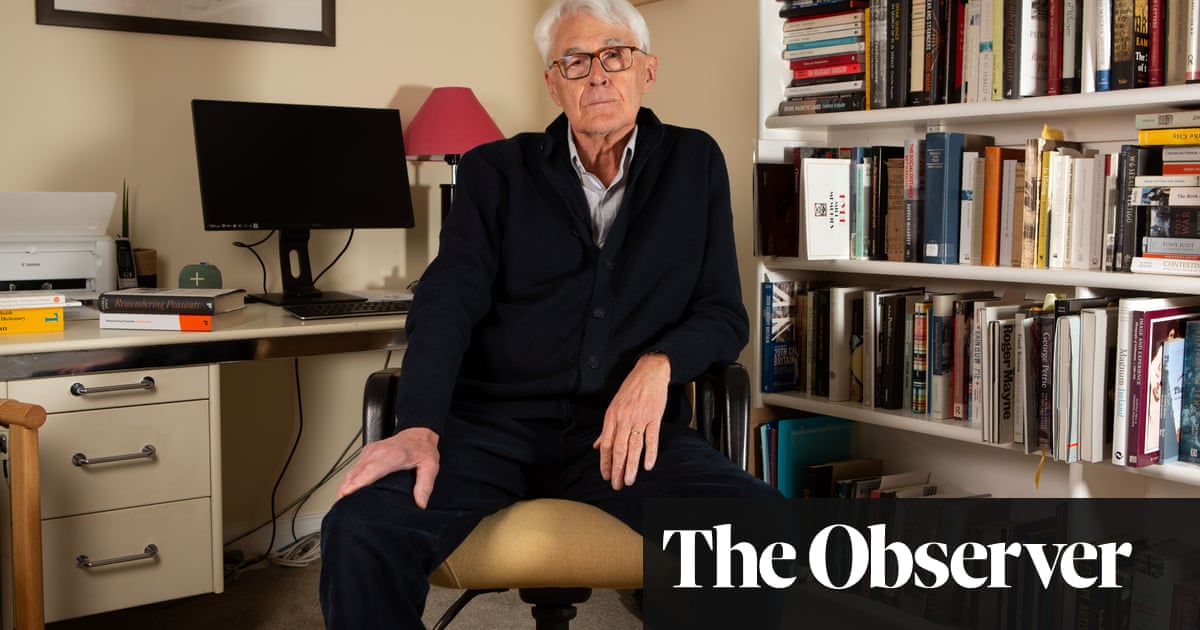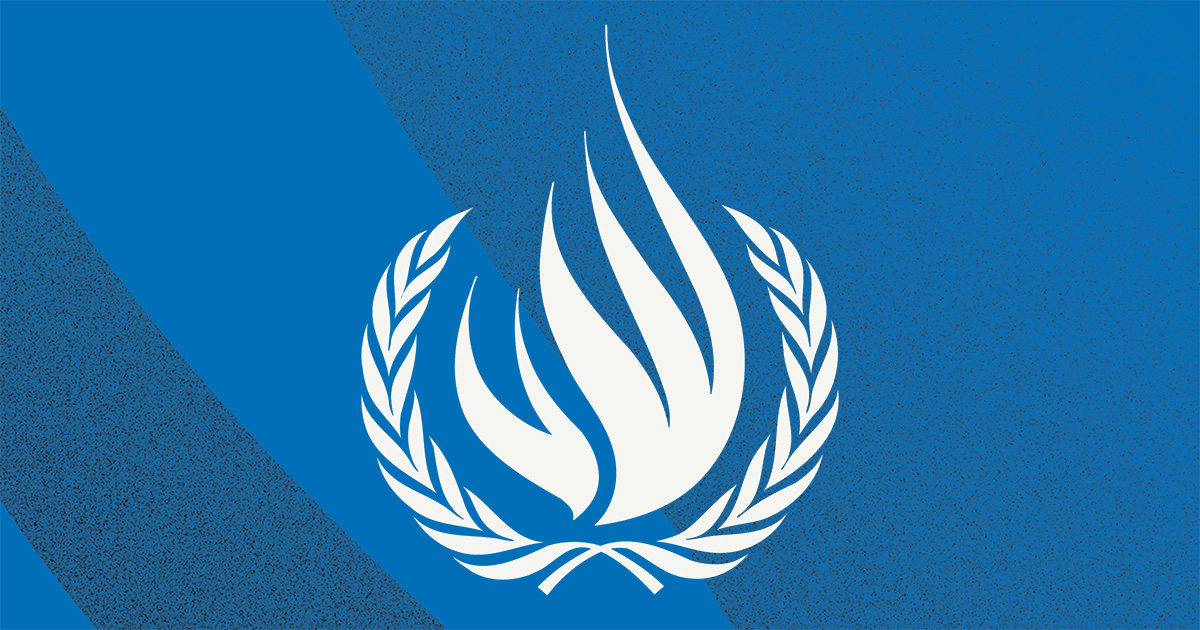
William Zuckerman was born in 1885 in the Pale of Settlement, that part of the Russian empire to which Jews were largely confined, a place of poverty and pogroms. His family managed to escape, emigrating to America in 1900.
During the First World War, Zuckerman returned to Europe to work with a charity aiding American Jewish soldiers. Later, he settled in London, establishing the European bureau of Der Morgen zshurnal, an influential American Yiddish newspaper. In 1948, having returned to America, he founded the Jewish Newsletter, just as the new state of Israel was born. Zuckerman’s columns were syndicated in dozens of Jewish newspapers and he became the New York correspondent of the British Jewish Chronicle.
Zuckerman might have been embraced by the Jewish establishment as a model public figure but for one problem. He was critical of the policies of the newly created Jewish state, especially towards Palestinian refugees, hundreds of thousands of whom had fled or been driven out and were now barred from returning. “The land now called Israel,” Zuckerman wrote, “belongs to the Arab refugees no less than to any Israeli.”
Zuckerman’s advocacy for Palestinian refugees alarmed Israeli diplomats who successfully organised a behind-the-scenes campaign to prevent his work from being published in the Jewish press. “To have induced the Jewish Chronicle to dispense with the services of Mr Zuckerman is to have performed a real mitzvah,” rejoiced one official.
The story of Zuckerman and his erasure is one of many told by Geoffrey Levin in his new book Our Palestine Question, on the forgotten history of Jewish dissent in America in the decades following the founding of Israel. It is one of several accounts that will be published this year exploring the history of American Jewish opposition to Zionism and support for the Palestinian cause.
These studies provide an essential backstory to one of the keenest debates today within Jewish communities: how to respond to the murderous Hamas attack on 7 October and to Israel’s subsequent assault on Gaza. For many Jews, the existential threat posed by Hamas gives Israel the right to take any measures necessary to eliminate the organisation. For others, whatever the horrors of the Hamas attack, the destruction of Gaza, the deaths of more than 25,000 people and the displacement of almost the entire population is unconscionable and cuts against the grain of Jewish ethical traditions. This cleavage has led to fractious debates over what it is to be Jewish and the meaning of antisemitism.
In the US, both themes are visible in the fallout from the Claudine Gay debacle at Harvard University. Gay, as Harvard president, gave a calamitous performance in December at a congressional committee on antisemitism. She was subsequently forced to resign, after critics discovered plagiarism in her scholarly work.
In the wake of Gay’s resignation, and criticism of Harvard for failing its Jewish students, a taskforce into antisemitism was established, to be chaired by Derek Penslar, director of the university’s Center for Jewish Studies, and one of the most distinguished historians of Judaism.
For many, though, Penslar is, as Zuckerman was to a previous generation, the wrong kind of Jew, too critical of Israel and insufficiently hostile to anti-Zionism. Republican congresswoman Elise Stefanik, who had chaired the committee that grilled Gay, denounced “his despicable antisemitic views”. Jonathan Greenblatt, of the Anti-Defamation League, accused him of “libel[ing] the Jewish state”. Bill Ackman, the hedge fund manager who led the initial campaign against Gay, warned of Harvard continuing “on the path of darkness”.
In 2021, an essay in the Jewish magazine Tablet labelled Jews too critical of Israel or Zionism as “un-Jews”. Three years on, it is a description that seems to have found greater resonance.
Perhaps in no country is official ostracism of “un-Jews” more entrenched than in Germany. “To be a leftwing Jew in today’s Germany is to live in a state of permanent cognitive dissonance,” says Susan Neiman, a Jewish American philosopher and director of the Einstein Forum in Potsdam for the past quarter of a century. “German politicians and media talk incessantly about protecting Jews from antisemitism,” but many who “criticise the Israeli government and the war on Gaza have been cancelled and certainly attacked. I’m an Israeli citizen and I’ve been accused of being a Hamas supporter, and even a Nazi, in mainstream media. Need I add that I am neither?”
Germany has proscribed many criticisms of Israel (such as describing its treatment of Palestinians as “apartheid”) and banned many expressions of solidarity with the Palestinian cause. The main targets have been Muslims, but Jewish supporters of Palestinian rights have also been deplatformed and arrested. According to the researcher Emily Dische-Becker, almost a third of those cancelled in Germany for their supposed antisemitism have been Jews. There is, as the Israeli-born architect and academic Eyal Weizman has acidly put it, a certain irony in “being lectured [on how to be properly Jewish] by the children and grandchildren of the perpetrators who murdered our families and who now dare to tell us that we are antisemitic”.
For many supporters of Israel, the history of Jewish suffering, culminating in the Holocaust, has made necessary the defence of the nation and the maintenance of its security at any cost. For the dissenters, it is precisely that history that creates the moral necessity to defend Palestinian rights.
What guided Jewish critics, particularly of Israeli policies towards Palestinian refugees, in the late 1940s and 1950s, was, as Levin shows, their attachment to Jewish traditions that reject discrimination or barbarism against any group. “Oppression has to be fought everywhere,” said Don Peretz, a researcher with the American Jewish Committee and an advocate for Palestinian refugees who, like Zuckerman, was targeted by Israeli officials. It is also what guides today’s critics such as Neiman. Germans, she suggests, “have forgotten the depth of the universalist tradition in Judaism, which goes back to the Bible”.
The dismissal of such critical voices as “un-Jewish”, even antisemitic, also has deep roots. Contemporary campaigns against figures such as Penslar and Neiman echo those against Zuckerman and Peretz 70 years ago.
What makes all this particularly troubling, Neiman observes, is the upsurge in antisemitism in Germany and elsewhere. Rather than policing Jewish intellectuals and activists, “insisting on unconditional loyalty to Israel” and “downplaying the suffering in Gaza”, what is needed, Nieman argues, is to support those individuals and organisations that are building forms of solidarity that can both challenge antisemitism and anti-Muslim bigotry, and promote justice in Palestine and Israel.
Kenan Malik is an Observer columnist












